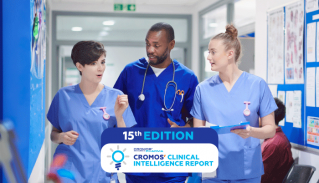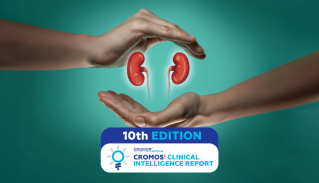
Decentralized Clinical Trials: Are they here to stay?
Decentralized clinical trials (DCTs) have been central to the continuation of vital clinical studies throughout the COVID-19 pandemic. Previously the uptake of decentralized models has been slow, but the pandemic changed this. There is now consensus among industry leaders that DCTs are here to stay and may have a central role in advancing research especially in rare diseases. In this article we look at the benefits and challenges of DCTs.
Traditional clinical trials place a significant burden on patients and their caregivers in terms of time and travel. Decentralized clinical trials offer an alternative model of trial participation and have several advantages over traditional, site-based clinical trials.
Benefits:
- Faster recruitment of patients
- Convenience for patients and caregivers
- More information collected more frequently
- Possibly lower research cost
- Higher data quality
- Reducing the infection risk to all parties during pandemics
However, DCTs also present challenges as they require the correct infrastructure and regulatory environment.
Current challenges:
Use of remote communications requires consideration of data privacy, patient confidentiality and confirming patient identities[i]
Significant variability of infrastructure between regions for: collecting data directly from patients, visits,
drug logistics, biosamples logistics
Are DCTs here to stay?
The COVID-19 pandemic forced investigators and sponsors to rapidly adapt how they conducted clinical trials leading to the implementation of telemedicine, remote patient monitoring, and electronic medical record tools. While DCTs may not replace traditional models they offer great potential for helping to address the issue of patient recruitment especially in rare diseases affecting small populations across wide geographic areas. DCTs may help with patient retention by effectively bringing the trial to them and so reducing accessibility and travel burdens. Harnessing digital technologies may also improve data quality as data collection can be continuous throughout studies. It therefore seems likely that DCTs are here to stay and will be used particularly in specific therapeutic areas.
Find out more about how Cromos Pharma can support your next clinical trial by emailing bd@cromospharma.com
[i] Shikova D. The Benefits and Barriers of Decentralized Clinical Trials. TrialHub website. Updated August 11, 2020. https://trialhub.findmecure.com/blog/the-benefits-and-barriers-of-decentralized-clinical-trials/.






























